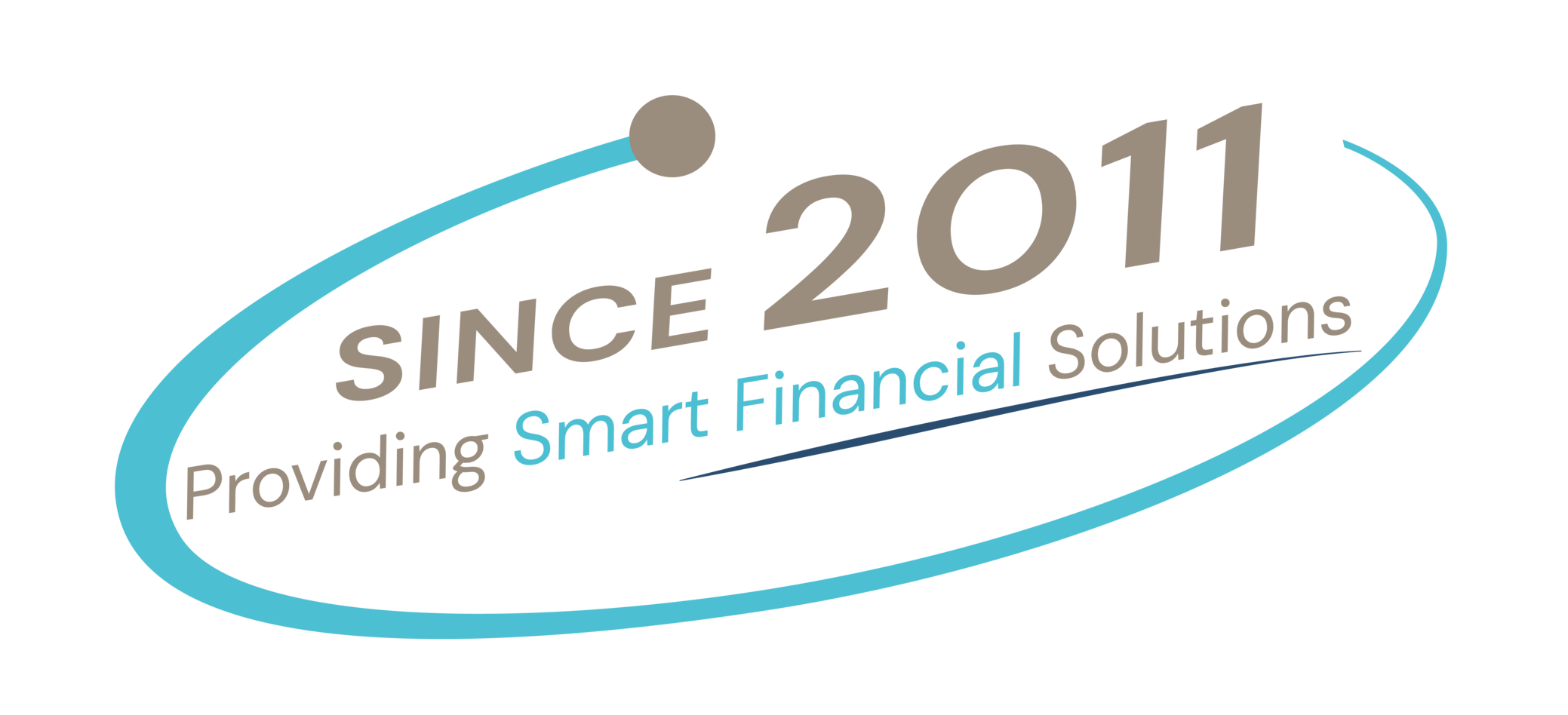Renting or leasing of technological equipment and instrumentation
In an increasingly dynamic and rapidly evolving market, Ventura Global offers financial solutions that help companies update their technological infrastructures without having to purchase the capital asset


Both the rental and leasing of technological and capital equipment involves 3 players: the lessee, the manufacturer and the lessor. Let's find out who they are:
Ventura Global's intervention makes it possible to bring together the needs of the three players involved, guaranteeing that the needs of the parties are 100% met.



- The advantages of renting
Operational lease - The advantages of financial leasing
Flexibility and adaptability
Flexibility and adaptability to customer needs (short or long term, constant or variable plan, postponement of the 1st installment, etc.)
Related services
Possibility to include important services related to the equipment, e.g., warranty extension, maintenance contracts, insurance policy, training, software, licenses, kits of reagents or consumables, etc.
Payment of fees to use
Payment of the fee for the sole use of the asset and not for its ownership, therefore without burdening the balance sheet, conserving liquidity and using operating funds (OPEX) and not investment funds (CAPEX).
No purchase obligation
At the end of the rental there are no obligations to purchase but it is possible to exercise a priority option to purchase the asset.
Fiscal deductibility
The cost is 100% deductible in the corresponding year
Rights and obligations
It grants the Lessee the rights and obligations associated with ownership of the asset, thus allowing access to incentives reserved for the purchase of capital goods.
Possibility to spread costs
It allows to dilute the purchase price of the asset over time using investment funds (CAPEX).
Depratiation
Deductible based on capital asset depreciation rates - typically over 5 - 10 years.
"The value of an asset is related to its use, not its possession"
What type of goods are available?
Private companies and public entities that need instruments for analysis, research and development can find in Ventura Global an ideal partner for the leasing of scientific equipment and instrumentation.
Thanks to Ventura Global's many years of experience and resources, it is possible to rent capital equipment related to various technologies such as: Chromatography, Mass Spectrometry combined with Liquid or Gas Chromatography, PCR Thermal Cyclers, Robotic Automation Systems, Sequencers (DNA) and Spectroscopy, etc.
It is a contract which, against the payment of a periodic fee, grants the user the enjoyment of an instrumental asset for a certain period of time. Capital goods are purchased from the supplier by the lessor and leased to the lessee who, at the end of the contract, can choose from these available options:
1:
Implement technology upgrades or replace equipment with a more advanced model to meet new requirements (even before deadline).
2:
Extend the rental by including upgrades, maintenance contracts, new accessories, software, etc.
3:
Exercising the purchase option of the asset including or not including maintenance contracts, new accessories, software updates, etc.
4:
Return the equipment used up to that point.

What are the differences between leasing and rental?
| LEASING | RENTING | |
|---|---|---|
| BALANCE SHEET | The asset is recorded under fixed assets (IAS 17) or the financial debt is reported in the supplementary notes. | The asset is not listed among fixed assets. |
| WHAT'S INCLUDED | Only capital assets. | Capital assets + additional services, e.g., warranty extension, training, software, etc. |
| DURATION | Not less than the depreciation period, otherwise it will have a negative tax impact. | Any duration allowed without altering the tax treatment. |
| DOWNPAYMENT | Typically required and necessary. | Normally not required but it can be included |
| END OF CONTRACT | Obligation to purchase at residual value. | Various options (renewal of rental, replacement of equipment, purchase, return). |
| FUNDS USED | CAPEX (capital investment budget) | OPEX (operational expenses budget) |
| REPORTING | Financial debt, reported as bank liabilities in the Centralized Credit Risk Database. | No reports |





